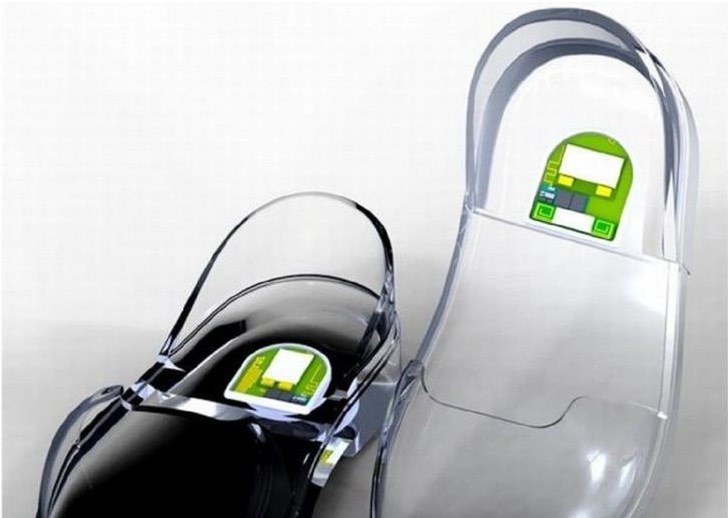
Alzheimer's is the most common cause of dementia. At the beginning of the disease, people face difficulties in remembering recent events. As the disease advances, symptoms can include disorientation (including easily getting lost), mood swings, loss of motivation, and problems with language. As a person's condition declines, they often tend to withdraw from family and society.
The cause of the disease is poorly understood. About 70 percent of the risk is considered to be inherited from a person's parents, with many genes usually involved. Other factors include a history of head injuries, depression, and hypertension.
Mental and physical exercise and avoiding obesity may decrease the risk of AD; however, evidence to support these recommendations is weak.
The early symptoms of Alzheimer's as well as cases of senile dementia in an older adult are enormous problems with disorientation.
People suffering from Alzheimer's are progressively losing the skill to orient themselves, whether it is time or spatial orientation. They'll start feeling lost even in their house. They also feel very chaotic and unsettled wherever they are. Therein, they can go into a state of constant anxiety which is hard to stop. The state of confusion can often lead our loved ones to walk away from their house and don't even realize it.
People who have family members with this disease, unfortunately, have already experienced this situation or will experience it at least once. The loved older person will leave suddenly, and the whole situation will result in the person getting lost.
Fortunately, a Japanese company found a solution to the problem of disorientation: they created a unique GPS device and it can be strapped onto older adults' shoes. Each time a person puts on their shoes and leaves home without notifying others, the GPS will track where they are going and how fast, etc.

Japanese people aren't surprised or fascinated by this invention as they are familiar with Japan's advances in technology like robot dogs that look very real, artificial intelligence, and much more. Yet, with this invention, they have accomplished something that the entire world can benefit from.
Wish Hills company has launched a device which they hope can help the older people that have Alzheimer's or senile dementia to figure out how to get back home, in other words, have their family member find them.
Older adults that suffer from these diseases do not use watches or smartphones, and they become entirely disoriented of space and time.
Nevertheless, the one thing that they can't go outside without is their shoes. The Japanese company figured that out, so they created the GPS devices, that can be added to the shoes for an easy location.

A notification is then sent to a smartphone from the GPS device to a close relative that will be able to locate the person with the disease by using a map. This map can be viewed either on a smartphone or a computer.
Once the elderly person moves away 165ft (50 m), 328 ft (100m), or 1640 ft (500 m) outside of his house, the GPS device will send the notification. It'll help locate his exact location earlier than it could be.
These GPS shoes are currently sold only in Japan, and they're not cheap; they sell for about $300 per pair of shoes.
However, this device wouldn't benefit only Japan, with almost 25 percent of its population being over 65. The whole world could benefit from something like this.

The World Health Organization (WHO) stated that 47.5 million people worldwide have senile dementia. Every year, there are new cases of this disease in about 7.7 million people. This kind of data is troubling, and other countries may get involved in using those useful devices.














COMMENTS